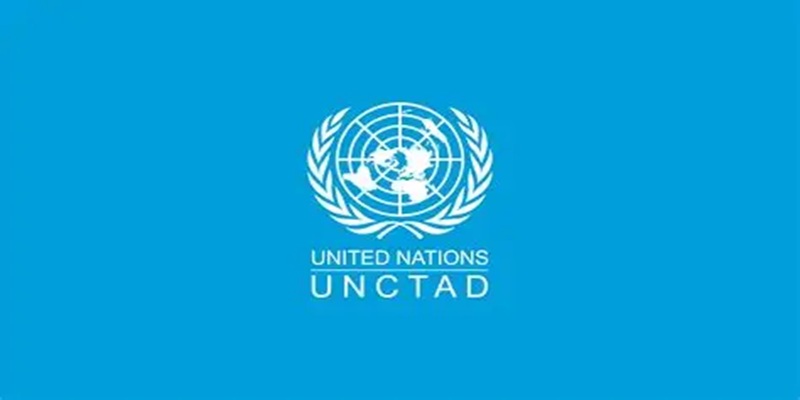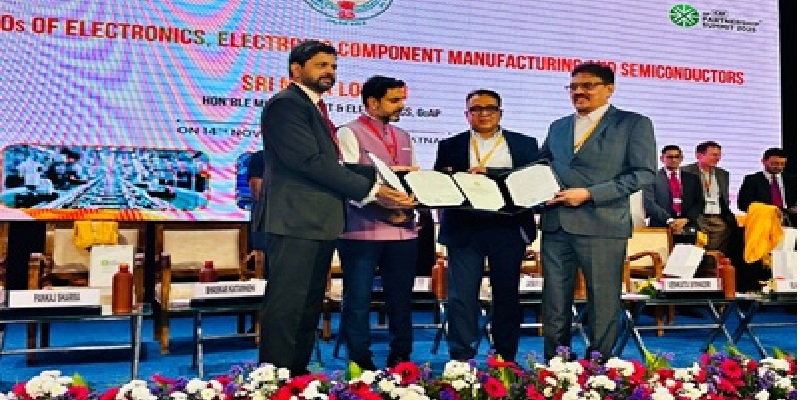Schedule a Call Back
Indian auto component industry expects 8-10% growth in FY25: Vinnie Mehta
 Interviews
Interviews- May 28,25

Related Stories

India Sees Slump in Greenfield Projects in Manufacturing: UNCTAD
India has witnessed a significant decline in greenfield manufacturing projects as global foreign direct investment (FDI) dropped in the first half of 2025, with tariff uncertainty exacerbating the s..
Read more
India’s Decarbonisation Journey: Turning Climate Challenge into Opportunity
While decarbonisation is increasingly becoming a prerequisite to access premium global markets, India's path to net-zero by 2070 is complex. However, with coordinated action, strategic investments, ..
Read more
India’s Top 100 Engineering Companies 2025 by Smart Manufacturing & Enterprises
FY25 unfolded against a challenging external setting. Despite the global headwinds, India posted real GDP growth of 6.5 per cent in FY2024–25. In this edition, Smart Manufacturing & Enterprises (S..
Read moreRelated Products

Automotive Oil Pump
Kalpak Auto Pvt Ltd offers a wide range of
automotive oil pump.
Tata Motors unveils facilities for development of Hydrogen propulsion tech
Tata Motors, India?s largest automobile company, unveiled two state-of-the-art & new-age R&D facilities for meeting its mission of offering sustainable mobility solutions. The unveilings constitute of Read more
Tata Motors plans petrol powertrain for Harrier and Safari SUVs
Tata Motors is in the process of developing a new petrol powertrain for its premium sports utility vehicles, the Harrier and Safari, as confirmed by a senior company official. Currently, these models Read more
















